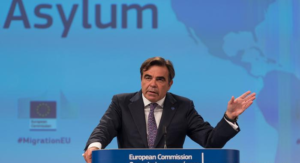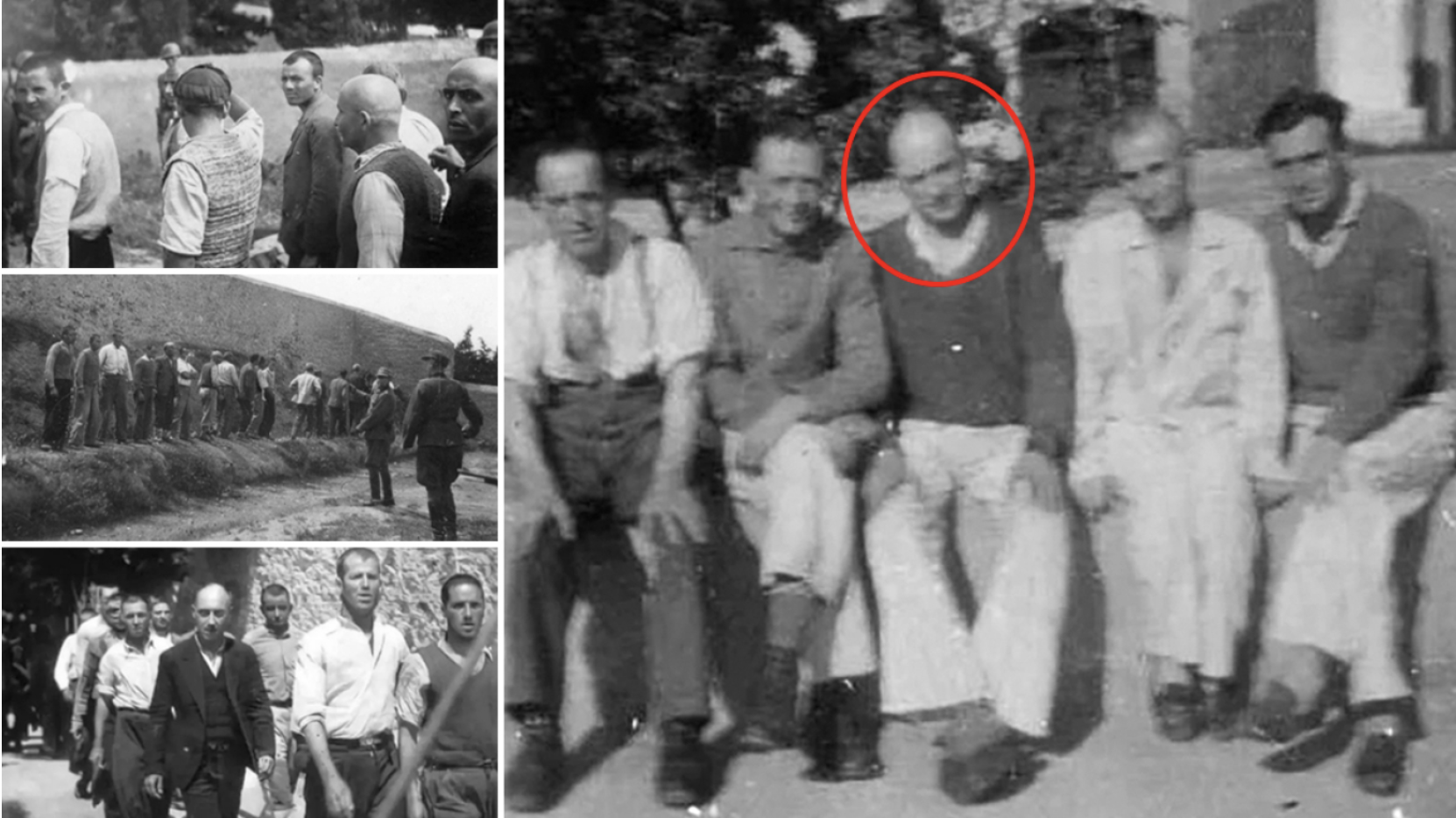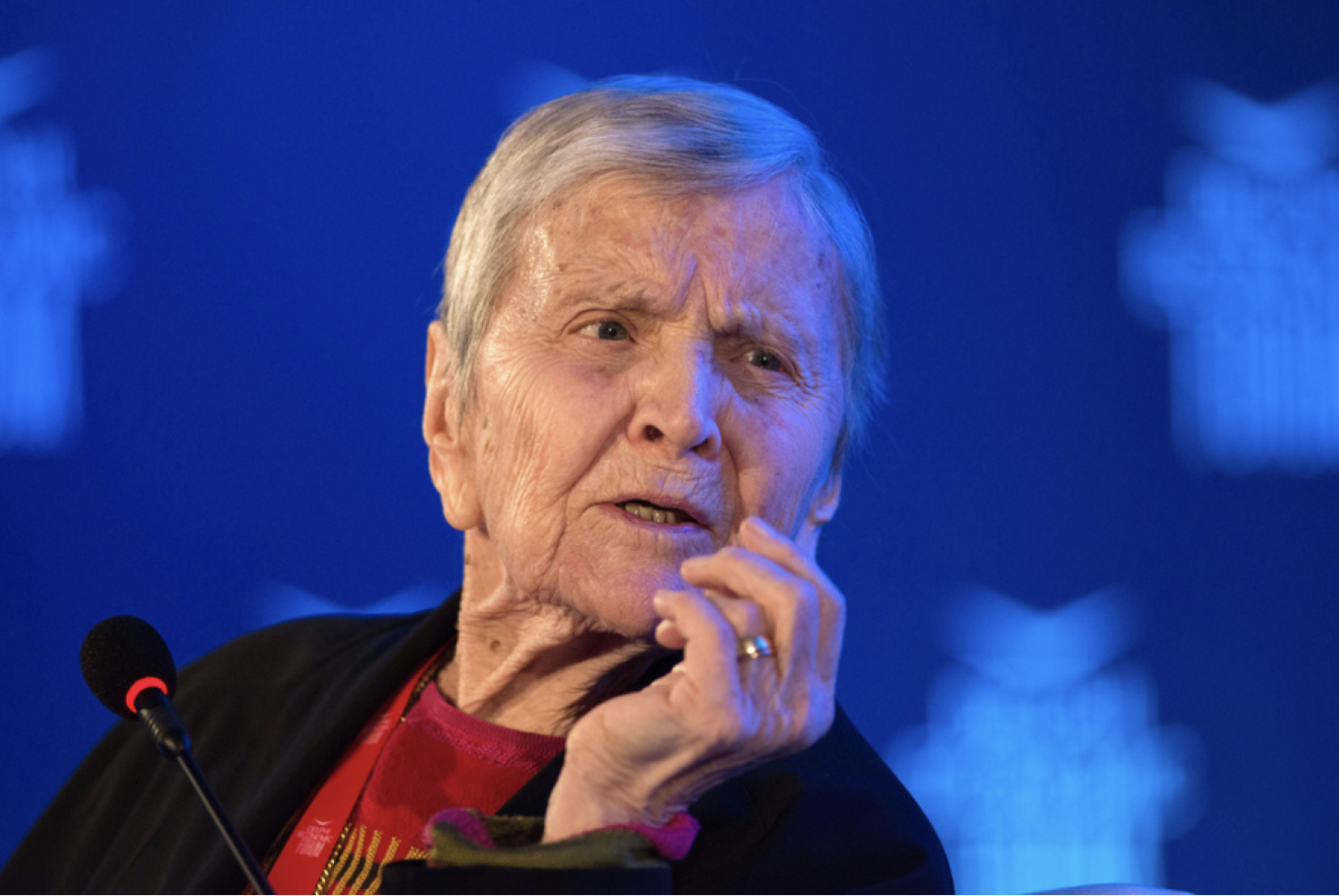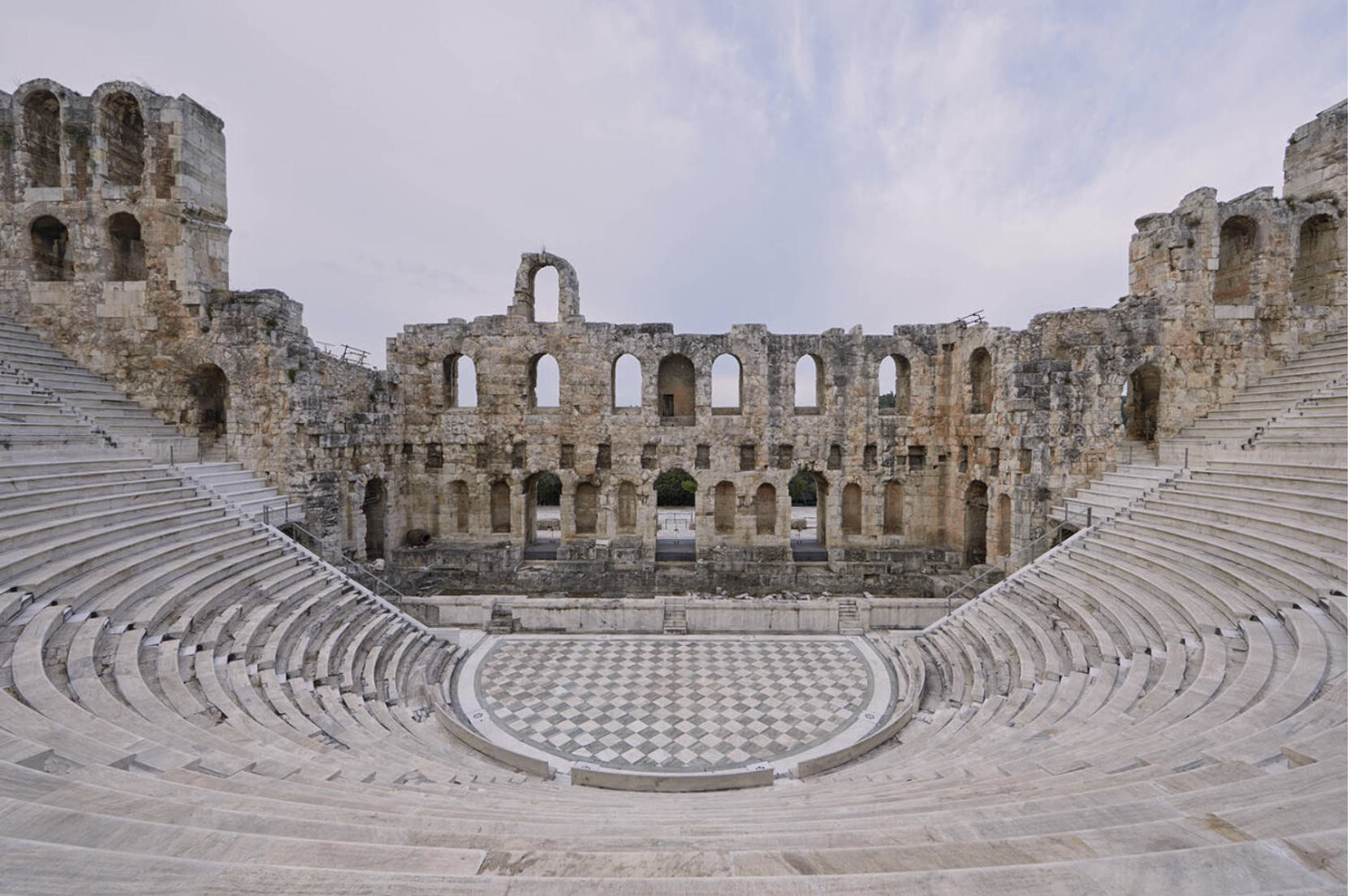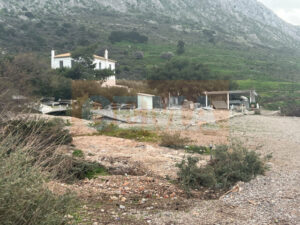The European Union presented a new strategy on Tuesday to persuade reluctant home countries to take back asylum-seekers the bloc has rejected.
The strategy forms part of a larger reform package on migration, which includes counseling for migrants who arrive without authorization, as well as extolling the benefits of returning home.
The EU also wants to help the migrants reintegrate once they arrive back in their homeland.
Other elements to the plans involve smoother legal and operational procedures to deport them, and the use of development aid or visa restrictions to convince countries to take them back. Territories the migrants may have crossed as part of their journey to Europe may also be convinced to take the asylum-seekers, according to the European Commission.
“It is not a secret that the European Union did not do particularly well on returns so far,” Commission Vice-President Margaritis Schinas told reporters.
And Schinas laid out the EU’s new plans to improve upon the bloc’s record of ensuring asylum-seekers go back.
“We are building a new ecosystem on returns — increasing cooperation with third countries on readmission, improving our governance framework,” tweeted Schinas, who also holds the title of Promoting the European Way of Life at the Commission.
He added: “Europe will remain an asylum destination for those fleeing persecution and war. However, those with no right to stay will have to be returned to their countries of origin. Not doing so undermines the credibility of our system and prevents us from protecting those who need it”.
Eleni Foureira on billboard in Times Square – A first for an artist from Greece (video-photo)
Which European accent is the Sexiest? – Greek, it seems… (funny video)
2015 crisis
The EU has struggled to overhaul its migration policies in the wake of well over 1 million people arriving in Europe without authorization in 2015, most of them asylum-seekers from Syria, overwhelming facilities across the Greek islands and Italy.
Their entry sparked one of Europe’s biggest post-war political crises as nations argued over who should take responsibility for the migrants.
The European Commission proposed sweeping new reforms last September, but the divisions have not yet been overcome.
The splits among the EU’s 27 member states have prompted the bloc to come up with Tuesday’s proposals.
Source: DW
Ask me anything
Explore related questions
